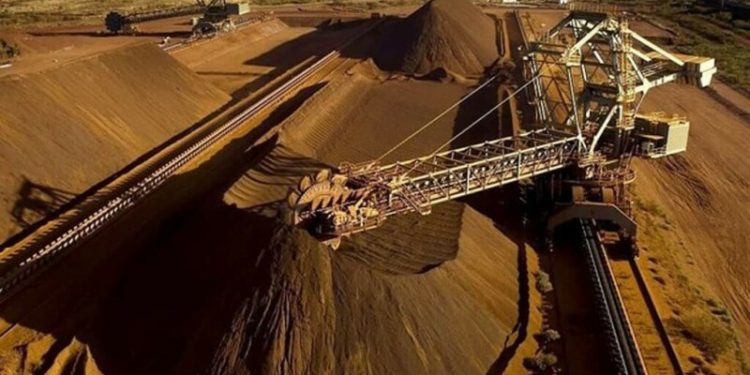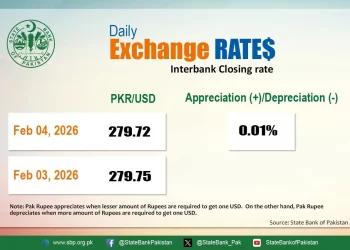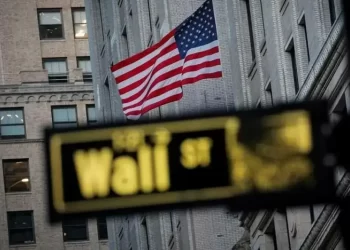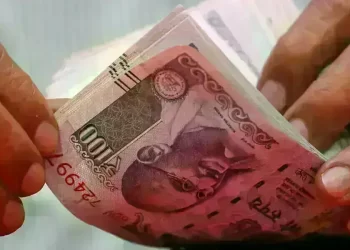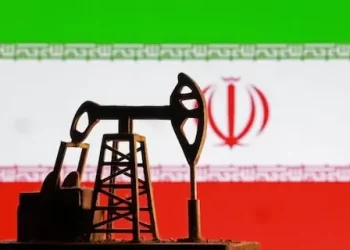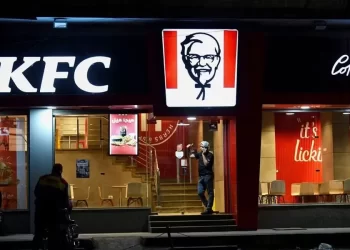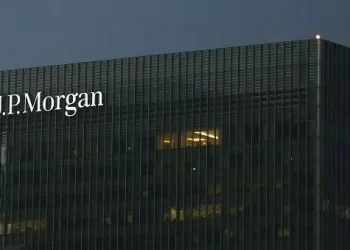SINGAPORE: Iron ore futures traded sideways on Monday as investors weighed hopes of further stimulus from China against the top consumer’s latest data showing weakening inflation.
The most-traded January iron ore contract on China’s Dalian Commodity Exchange (DCE) ended morning trade 0.69% higher at 801.5 yuan ($110.13) a metric ton.
The benchmark January iron ore on the Singapore Exchange, however, ticked down 0.07% to $103.25 a ton, as of 0335 GMT.
Iron ore prices have been supported above $100 a ton by Beijing’s Central Economic Work Conference, which is scheduled slightly earlier than usual for Dec. 11-12 and driving rising stimulus hopes, Westpac analysts said.
“Recent Chinese stimulus measures have revived demand for steel and thereby for iron ore, as property sales are showing some signs of improvement,” ANZ analysts said. Inventories of the steelmaking ingredient fell to their lowest since August last week, ANZ added.
Still, official data on Monday showed China’s consumer inflation hit a five-month low in November and factory deflation persisted, suggesting Beijing’s recent efforts to shore up faltering economic demand are having only limited impact.
Iron ore gains
The world’s second-largest economy is bracing for likely fresh tariffs from a second Donald Trump presidency and still dealing with other headwinds, suggesting more policy stimulus will be needed to boost fragile growth.
Further, bearish remarks by Vale’s CEO last week about adapting to market demands for lower quality products hit market sentiment, ANZ analysts said.
“The produce will shift to lower quality iron ore as margins remain under pressure.”
Vale SA is one of the world’s largest suppliers of iron ore. Other steelmaking ingredients on the DCE were weaker, with coking coal and coke down 2.77% and 1.1%, respectively.
Most steel benchmarks on the Shanghai Futures Exchange posted marginal losses.
Rebar eased 0.36%, hot-rolled coil dipped 0.46%, wire rod shed 0.2%, while stainless steel added 0.23%.
